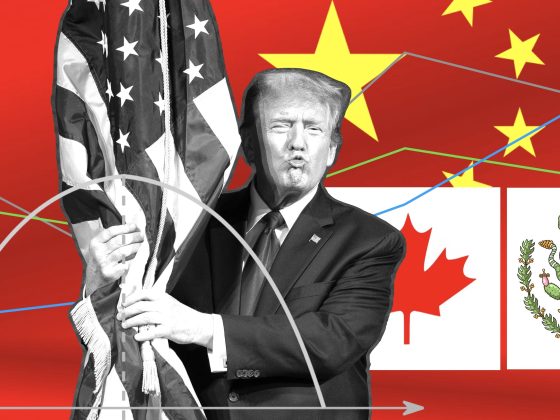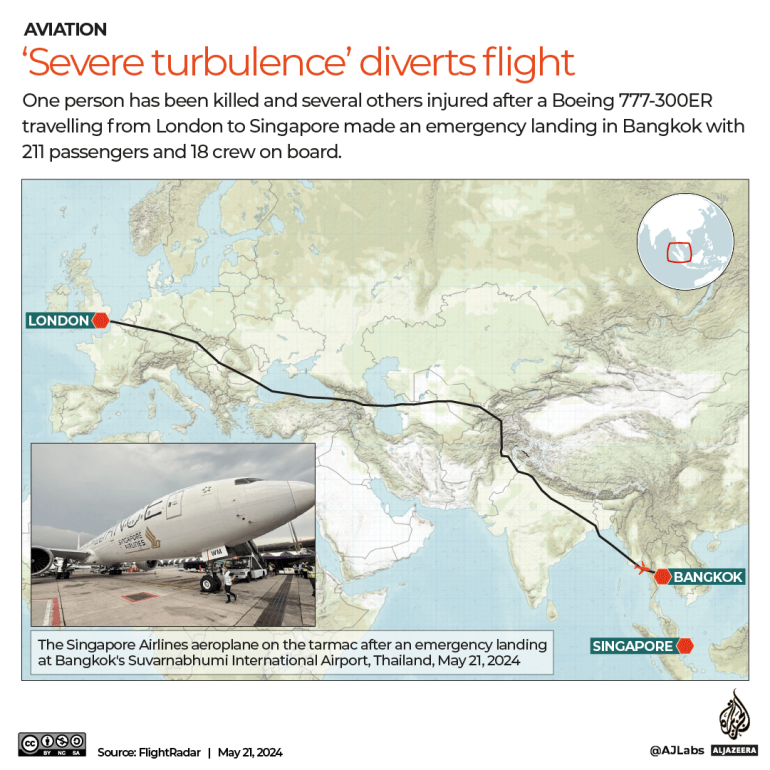Singapore is the world’s most competitive economy of 2019, according to the recently released The Global Competitiveness Report 2019, an annual study conducted by the World Economic Forum (WEF)
WEF measures the competitiveness of an economy using the metric: the Global Competitiveness Index (GCI) 4.0. Here are the top 10 economies in terms of the overall GCI 4.0 scores:

Garnering an overall score of 84.8, Singapore effectively dethroned the United States, who bagged the top spot in last year’s rankings. However, the United States remains to be among the most competitive economies, seated in the second place with an over all GCI 4.0 score of 83.7. It is followed by Hong Kong (83.1), the Netherlands (82.4), and Switzerland (82.3).
Methodology
GCI 4.0 is the newest version of the index which was launched way back in 1979. In order to rank the 141 economies included in this year’s report, the GCI 4.0 took into account 12 indicators:
- Institutions
- Infrastructure
- ICT adoption
- Macroeconomic stability
- Health
- Skills
- Product market
- Labour market
- Financial system
- Market size
- Business dynamism
- Innovation capability
Singapore Highlights
Apart from overtaking all the other economies included in the study in terms of the overall GCI 4.0 score, Singapore also managed to attain the top spot in some of the component pillars in the GCI:
- 1st in Infrastructure
- 1st in Health
- 1st in Labour Market
The country also managed to rank well in the following indicators:
- 2nd in Institutions
- 2nd in Product Market
- 2nd in Financial System
- 5th in ICT adoption
The areas of improvement for Singapore would be these indicators where it ranked lower relative to the other components:
- 13th in Innovation capability
- 14th in Business dynamism
- 19th in Skills
- 27th in Market size
- 38th in Macroeconomic stability
Reaching the frontier
According to WEF, on average, economies have yet to reach their frontiers. Singapore is the country closest to attaining the optimal economic competitiveness.
Singapore is shaping up to be a global innovation hub. As we saw in its performance in innovation capabilities as well as in other relevant indicators, there is still a long way to go before this vision is fully attained. On top of all the innovations and developments Singapore is experiencing, a lot of disruptions in the existing systems are to be expected. In order to not be engulfed by these disruptive changes, Singapore must strengthen its skill base and its entrepreneurship capabilities.
If Singapore aspires to attain the frontier, there is no room for weak points. The path towards the top demands strength on all fronts.









